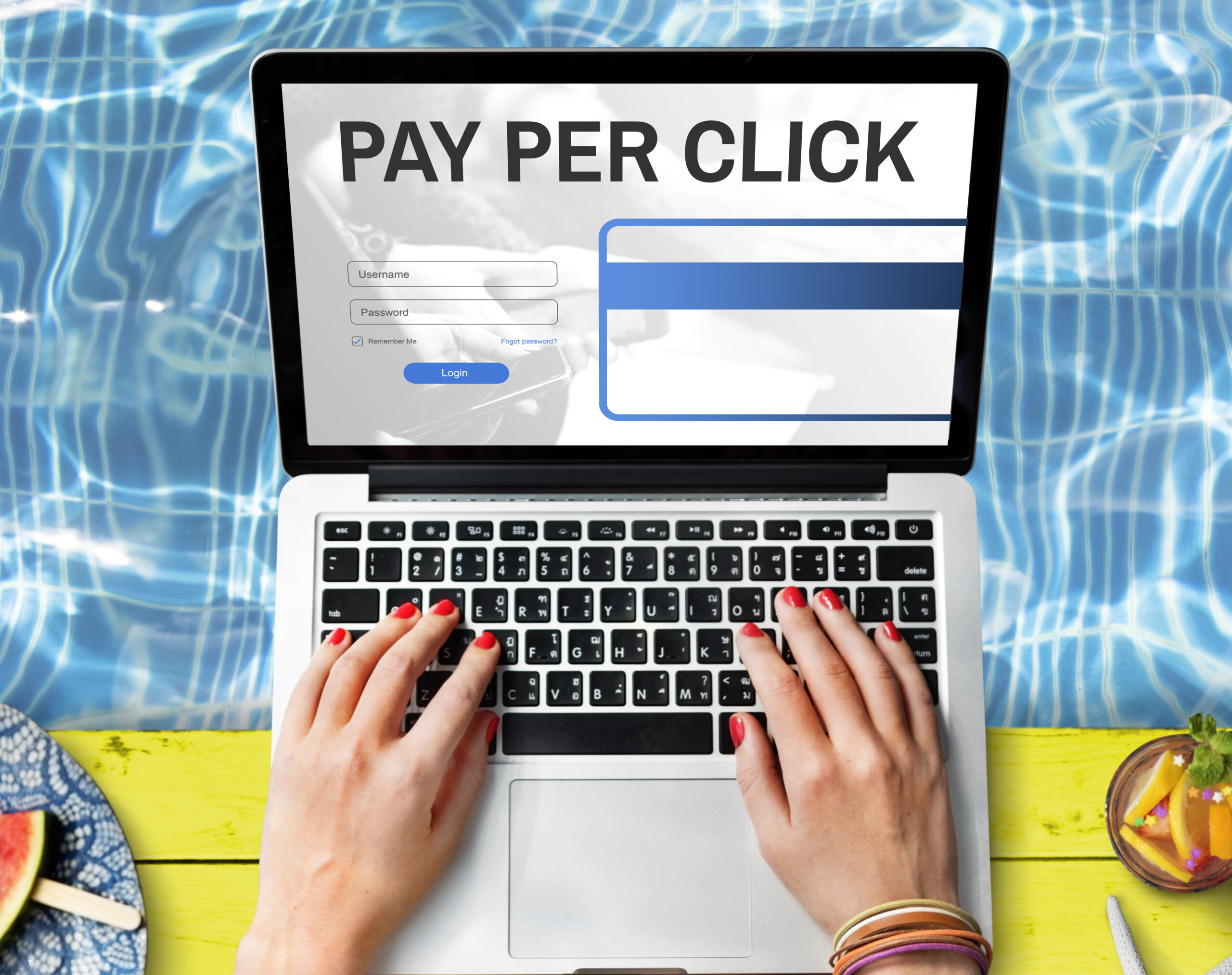In the realm of marketing via digital channels, pay-per-click (PPC) marketing is an effective method that allows companies regardless of size to connect with their intended audience and increase conversions. But managing the management of a PPC program can prove very costly when not planned properly. To reap the maximum return on your advertising investment you must be mindful of your budget and ensure that every dollar counts. This blog will discuss some suggestions and strategies that will assist you in maximizing the return of your PPC campaigns without breaking the bank.
1. Set Goals with Clear Objectives
Before you get started with PPC advertising, it’s essential to set clear and attainable objectives. Knowing what you’d like to achieve will help you plan your budget better. If your goal is to increase traffic on your website, increase sales and generate leads, clearly defining your goals will help determine your strategy for the campaign and allow you to measure your success.
2. Keyword Research
Keyword research is at the heart of any successful PPC campaign. Begin by identifying keywords that potential buyers are likely to look for. Utilizing tools such as Google Keyword Planner can help you identify high-value keywords that have less competition, which allows you to make more effective bids. Think about using long-tail keywords because they typically have lower costs per click (CPC) and may generate more targeted traffic.
3. Optimize Landing Pages for Search Engines
The destination of your ad is crucial as your advertisement itself. Be sure that your landing pages have been designed to maximize conversions. They should be appropriate to the advertisement as well as load quickly and offer users with a seamless experience. A well-designed landing page will improve the Quality Score of your site This could result in reduced CPCs and better placement of ads.
4. Ad Copy and Ad Extensions Copy or Ad Extensions
Write compelling ads that are directly addressed to your intended audience. Make sure to highlight your distinctive selling points, and use the keywords you have chosen to use. Make use of ad extensions for additional information such as callout extensions, site links and structured snippets of text. Extensions can increase the effectiveness and visibility of your advertisements without any additional expenses.
5. Monitor and adjust
PPC advertising isn’t an “set the goal and leave it” campaign. Continuously track the success of your ads and make any necessary adjustments. Monitor key metrics such as the click-through rate (CTR) as well as conversion rates, and the cost per conversion. If a certain advertising or keyword isn’t performing and you aren’t sure how to fix it, modify it or even pause it in order to shift budget to better performing elements.
6. Targeting Devices and Geographic Locations
Adjust your targeting settings to concentrate on the areas and devices that are important to your company. If your services or products are specific to a particular location, geo-targeting may aid in reducing wasted spending on irrelevant locations. Also, think about the gadgets your target audience is most likely to use and make your ads more relevant to cut down on the cost of advertising.
7. Ad Scheduling
Ad scheduling lets you show your ads at certain times of day or during certain days during the weeks when your public is the most active. Through analyzing the performance information, you can find the most effective times to run your advertisements, while reducing costs in off-peak times.
8. Negative Keywords
Create an approach to negative keywords to stop your ads from being displayed for irrelevant search terms. By adding negative keywords you can block your ads from being displayed to people who are not likely to convert, and thus save your budget for more lucrative clicks.
9. A/B Testing
Test your ads regularly with different creatives including headlines, headlines, or calls to actions in order to find the best combinations. A/B testing can help you improve your marketing campaigns and increase the conversion rate, helping your budget function more effectively.
10. Budget Control
Set monthly or daily budget limits to ensure that you do not overspend. Google Ads, for example, lets you specify the maximum budget for each day. This will allow you to remain in control and avoid any unexpected expenses.





